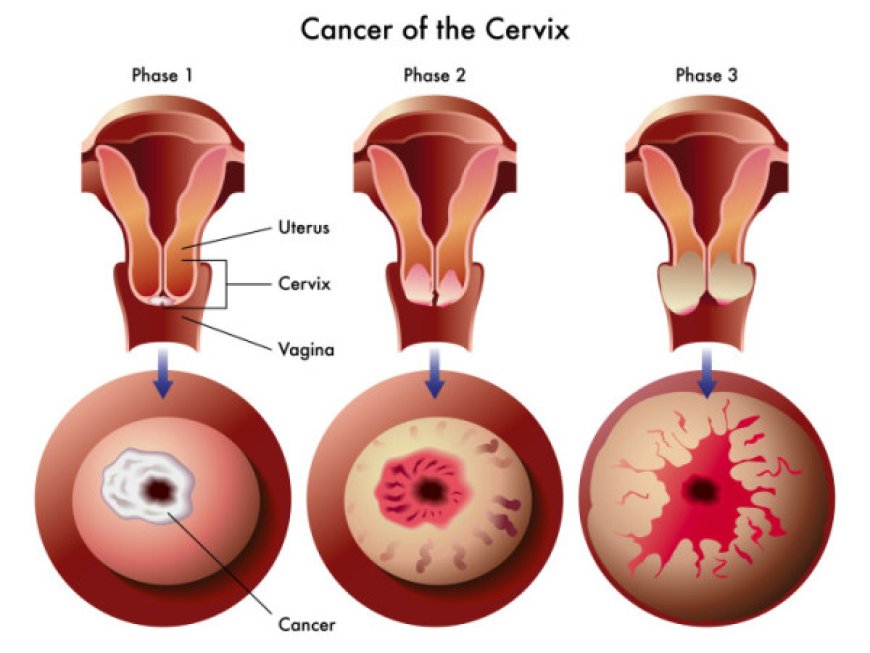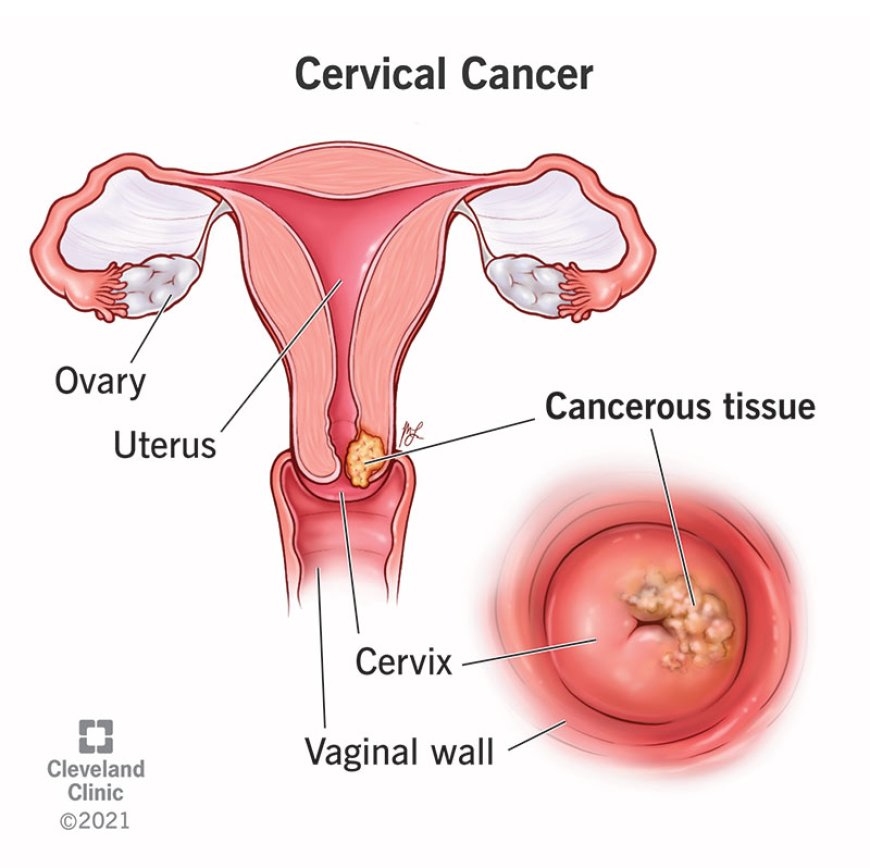'Cervical Cancer in Young Women: What You Need to Know'
Cervical cancer is not just a concern for older women. Find out about the risks and prevention methods for young women in this article.
Cervical cancer is a type of cancer that occurs in the cells of the cervix, the lower part of the uterus that connects to the vagina. It is largely preventable, but it still remains a significant health concern for women worldwide. Understanding the causes, symptoms, prevention, and treatment of cervical cancer is crucial for raising awareness and promoting early detection and intervention. In this comprehensive guide, we will delve into the various aspects of cervical cancer to provide valuable insights and resources for women’s health.
Causes of Cervical Cancer
Human papillomavirus (HPV) infection is the primary cause of cervical cancer. HPV is a common sexually transmitted infection and certain strains of the virus can lead to the development of cervical cancer. Other risk factors include smoking, a weakened immune system, long-term use of oral contraceptives, and a family history of cervical cancer.
Symptoms of Cervical Cancer
In its early stages, cervical cancer may not present any noticeable symptoms. However, as the disease progresses, symptoms may include abnormal vaginal bleeding, pelvic pain, pain during sexual intercourse, and unusual vaginal discharge. It is essential for women to be attentive to any unusual changes in their bodies and seek medical attention if they experience these symptoms.
Risk Factors
Several factors can increase the risk of developing cervical cancer. These include:
- HPV Infection: As mentioned earlier, certain types of HPV are linked to cervical cancer.
- Smoking: Women who smoke have a higher risk of developing cervical cancer than non-smokers.
- Weakened Immune System: Individuals with weakened immune systems, such as those with HIV or those taking immunosuppressant medications, are at an increased risk.
- Long-Term Use of Birth Control Pills: Prolonged use of birth control pills may slightly increase the risk.
- Having Many Children: Women who have had three or more full-term pregnancies may be at an increased risk.
Prevention of Cervical Cancer
Preventive measures play a crucial role in reducing the risk of cervical cancer. Regular screening through Pap smears and HPV testing can help detect any abnormalities in the cervix before they develop into cancer. Furthermore, vaccination against HPV is recommended for adolescents and young adults to protect against certain high-risk strains of the virus. Avoiding high-risk sexual behaviour and quitting smoking are also important for reducing the risk of cervical cancer.
The Importance of Early Detection
Early detection significantly improves the chances of successful treatment and survival. Regular screenings, such as Pap smears and HPV tests, play a crucial role in identifying abnormalities early on.
Empowering Women through Knowledge
Breaking Stigmas and Taboos
Despite advancements in healthcare, cervical cancer is often surrounded by stigma and misconceptions. Open conversations about sexual health, regular screenings, and vaccination can help break these barriers, empowering women to take control of their health.
Educational Initiatives
Education is key in the fight against cervical cancer. Public health initiatives and awareness campaigns can provide information about risk factors, prevention methods, and the importance of regular screenings. Accessible and accurate information empowers women to make informed decisions about their health.
Importance of Vaccination
Vaccination against HPV is a critical strategy in the prevention of cervical cancer. The HPV vaccine is recommended for pre-adolescent girls and boys to provide protection before they are exposed to the virus. Vaccination has been shown to be highly effective in reducing the incidence of HPV infections and related cervical cancer cases.
Support Networks
Creating support networks for individuals diagnosed with cervical cancer is crucial. Emotional support, access to resources, and a sense of community can greatly impact the well-being of those going through the challenges of diagnosis and treatment.
Treatment of Cervical Cancer
Treatment for cervical cancer may involve a combination of surgery, radiation therapy, and chemotherapy, depending on the stage and progression of the cancer. Early detection significantly improves the chances of successful treatment and recovery. It is important for individuals diagnosed with cervical cancer to work closely with healthcare professionals to determine the most effective treatment plan tailored to their specific condition.
Conclusion
Cervical cancer is a significant health issue that necessitates attention and proactive measures for prevention and early detection. By understanding the causes, symptoms, prevention strategies, and available treatments, individuals can empower themselves to prioritize their cervical health and take necessary steps to reduce their risk of developing this type of cancer. Prioritizing regular screenings, maintaining a healthy lifestyle, and seeking professional medical care are essential components of safeguarding against cervical cancer and promoting overall well-being.
What's Your Reaction?











































